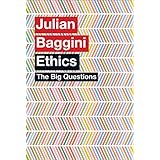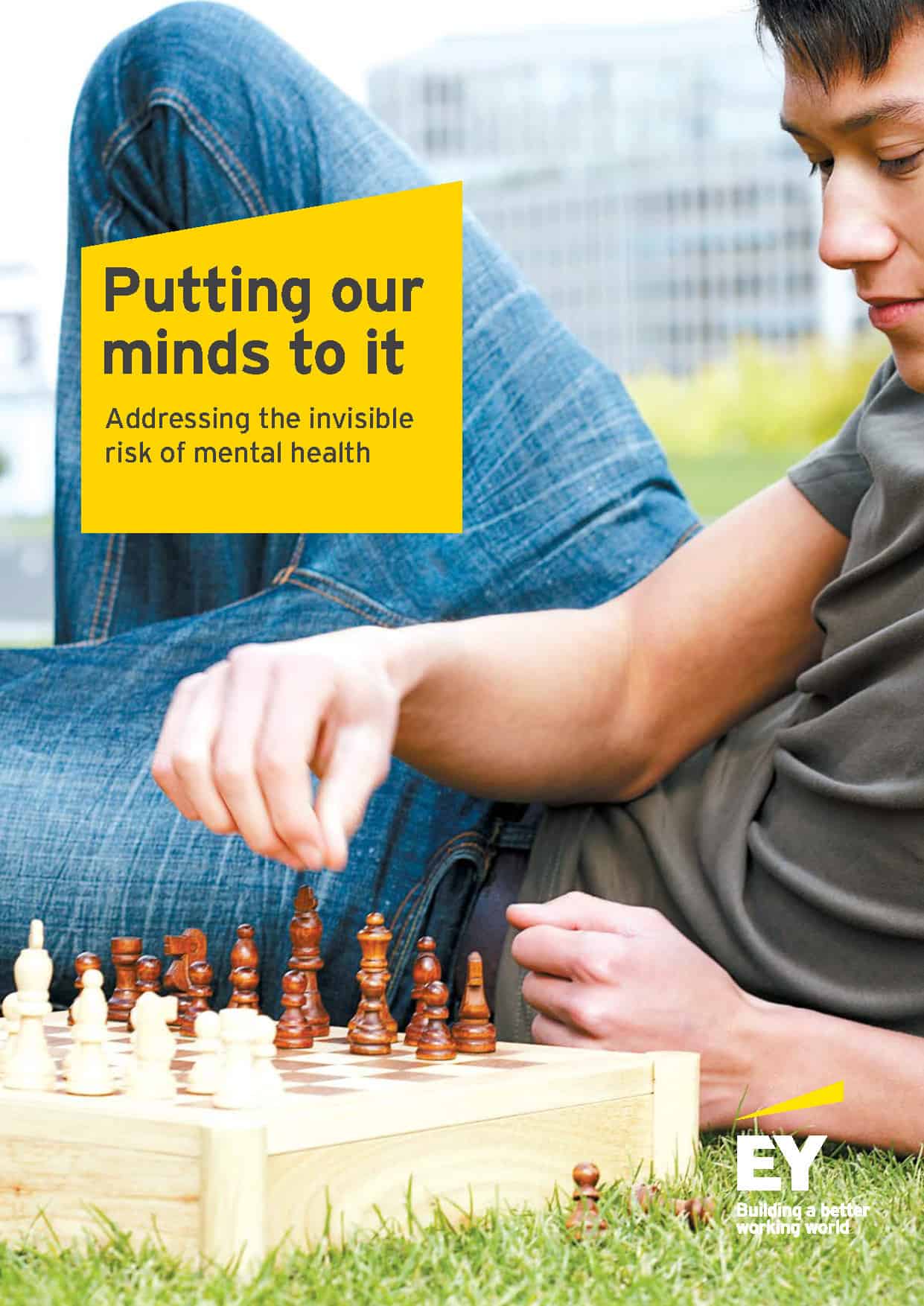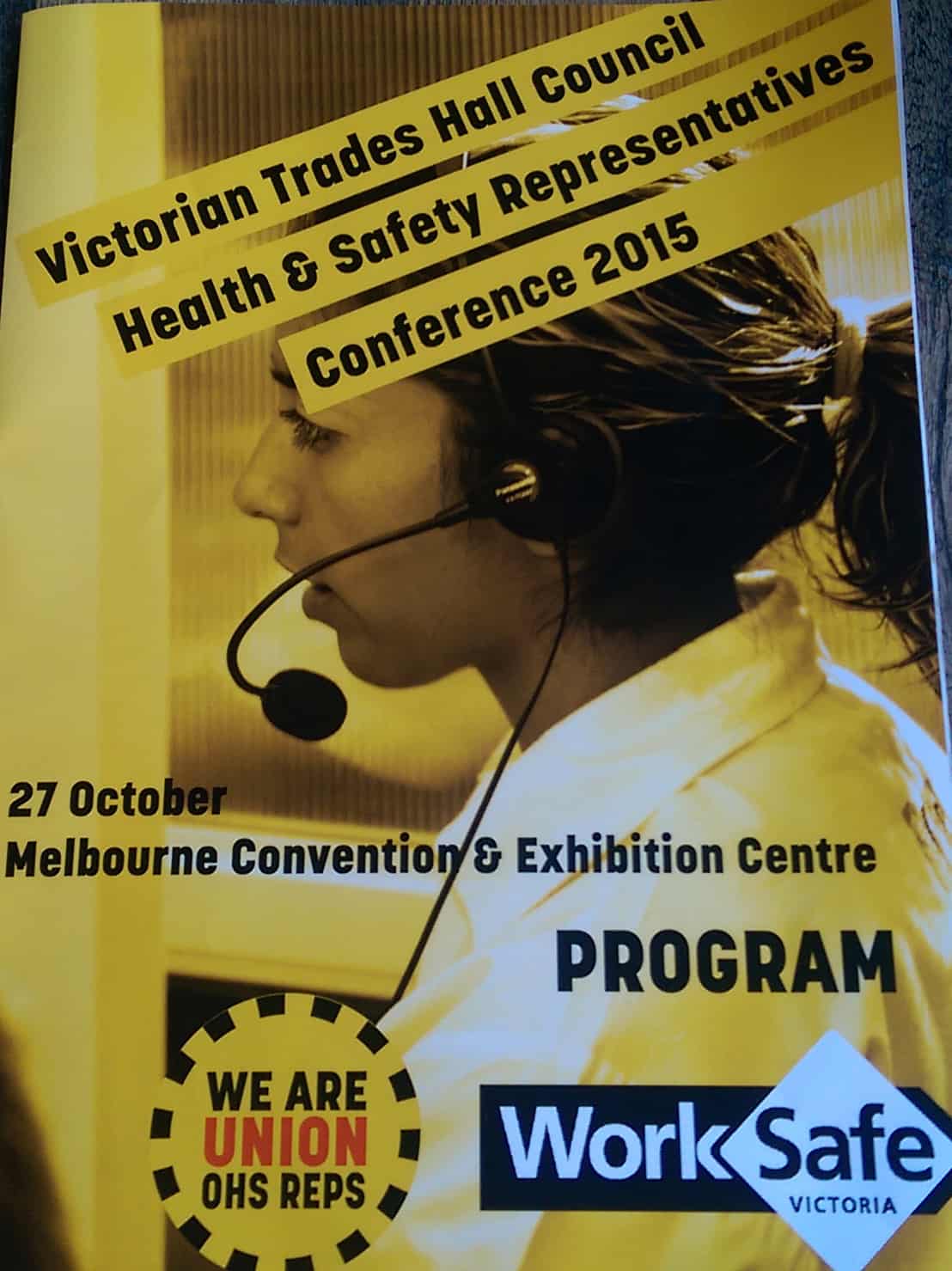The discussion of Australian occupational health and safety (OHS) education and accreditation continues in the academic press. A recent contribution is from Pam Pryor, Registrar of the Australian OHS Education Accreditation Board (AOHSEAB) entitled “Accredited OHS professional education: A step change for OHS capability” (paywalled). Pryor continues to make the case for the necessity of accreditation for university OHS courses but evidence seems to remain thin and an arbitrary differentiation between competence and capability is hard to understand outside of academic discourse. Continue reading “Accreditation research paper misses the mark”
Golden Rule, ethics, leadership and workplace safety
 There is a legislative basis for occupational health and safety (OHS) but before the laws, there was morality and it is this morality to which most OHS professionals will refer when asked why they work in Safety. But I know no more about morality than anyone else. So what do I do in these situations? I get a book.
There is a legislative basis for occupational health and safety (OHS) but before the laws, there was morality and it is this morality to which most OHS professionals will refer when asked why they work in Safety. But I know no more about morality than anyone else. So what do I do in these situations? I get a book.
The book I chose was by
Union numbers continue to fall but OHS influence should not
Statistics released in Australia this week show a continuing decline in trade union membership. This has generated some reaction from the union movement but also some suggestions for the future. Trade unions are an integral element of occupational health and safety (OHS) policy setting.
Whether the union movement should continue to be part of the tripartite consultative structure on OHS is debatable given it can no longer claim to represent Australian workers based on the recent numbers. However it can continue to claim it represents the OHS interests of workers even though the majority of workers seem uninterested. Continue reading “Union numbers continue to fall but OHS influence should not”
OHS ROI pilot research in Queensland
Work Health and Safety Queensland (WHSQ) recently revealed some early research into the Return on Investment (ROI) of occupational health and safety (OHS) controls. (Thanks to a reader for pointing it out) According to its website:
“Recent pilot research in several Queensland organisations found clear evidence of the cost effectiveness of safety interventions, including:
- an automatic shrink wrapping machine at Rexel’s Tingalpa distribution centre that had an ROI of around $1.82 for every $1 of costs, and a payback of upfront costs of less than three years
- an ergonomics intervention at BP Wild Bean Cafés with an ROI of $2.74 for every $1 of costs and a payback within the first month
- a workplace health and wellbeing program at Port of Brisbane that had an ROI of $1.58 for every $1 of costs and a payback of 15 months.”
None of this “pilot research” is publicly available so it is not possible to verify the data. (WHSQ has been contacted for further information for a follow up blog article)
Another mental health player joins the discussion
 Recently, Ernst Young released a discussion paper about the risks of mental health in the workplace.
Recently, Ernst Young released a discussion paper about the risks of mental health in the workplace.
Mental health is a very popular topic at the moment and there are thousands of service providers in this sector. During the recent National Mental Health Week,
Full time at union OHS representatives conference
 The Health and Safety Representatives’ Conference, organised by the Victorian Trades Hall Council as part of Victoria’s WorkSafe Week, was notable for the lack of politics. Previous conferences have often focussed on political campaigns such as Your Rights At Work but this was largely absent from the presentations. There were some political questions from the floor but that was expected.
The Health and Safety Representatives’ Conference, organised by the Victorian Trades Hall Council as part of Victoria’s WorkSafe Week, was notable for the lack of politics. Previous conferences have often focussed on political campaigns such as Your Rights At Work but this was largely absent from the presentations. There were some political questions from the floor but that was expected.
The conference had some particular highlights relevant to the broader Occupational Health and Safety (OHS) profession.
Half time at union OHS representatives conference
 1300 occupational health and safety representatives in one room provides a great deal of passion about workplace safety. These are not the OHS suits, the regulators or the safety app spruikers that other conferences attract.
1300 occupational health and safety representatives in one room provides a great deal of passion about workplace safety. These are not the OHS suits, the regulators or the safety app spruikers that other conferences attract.
There is talk about safety leadership but few are thinking about the CEOs. They see leadership in themselves. Indeed, it may be a major step forward for the OHS sector to start to separate OHS leaders from OHS leadership. The room this morning had hundreds of OHS leaders. Continue reading “Half time at union OHS representatives conference”
